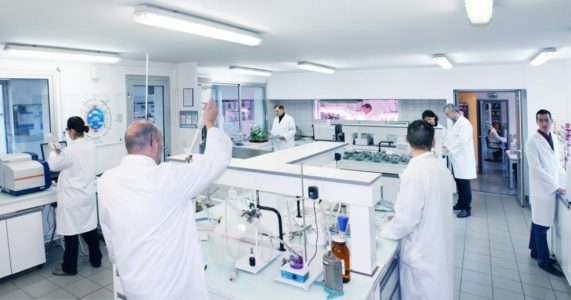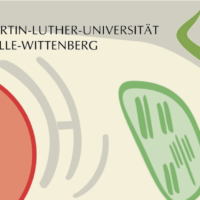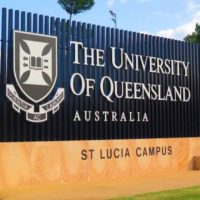Học Bổng Bốn Phương
Học bổng PhD sinh học thực vật tại viện INRA Pháp 2019
- Chi tiết bài viết
- Bài viết liên quan
Đề tài:
Biological, physiological and molecular characterizations of desiccation of somatic and zygotic larch
embryos. Analysis of the consequences in terms of seed quality.
Đơn vị nghiên cứu:
UMR INRA-ONF BioForA (Biologie intégrée pour la valorisation de la diversité des arbres et de la forêt), INRA Val de Loire site d’Orléans
Giáo sư hướng dẫn:
LELU-WALTER Marie-Anne
marie-anne.lelu-walter@inra.fr
Cách nộp đơn:
Ứng cử viên gởi CV và cover letter về Marie-Anne Lelu-Walter (marie-anne.lelu-walter@inra.fr) và Caroline Teyssier (teyssier.caroline@inra.fr).
Hạn chót: ngày 2 tháng Tư 2019
Thời gian nhập học: tháng Mười 2019
Tóm tắt dự án:
Reproduction is a key trait in forest trees population renewal (natural and/or artificial regeneration). Climate change (higher temperature, frequent drought) have a negative impact on the fructification of the trees, and then on seed production (Lebourgeois et al. 2010), which finally induces a limitation on seedling production.
Vegetative multiplication could appear as an alternative to the lack of seedling. Among all the multiplication methods, somatic embryogenesis allows efficient multiplication of elite genotype obtained from the tree breeding programs (Lelu-Walter et al. 2013, 2016). However, somatic embryo at its final maturation stage is similar to a fresh zygotic embryo (seed embryo; Morel et al. 2014, Teyssier et al. 2014). Therefore, it does not reach the desiccated stage of a seed in the nature. This desiccation is characterized by many biochemical events come along with (accumulation of energy storage compounds) and a potential conservation of the seed. Seed quality is conditioned by its energy storage compounds (lipidic and proteic form), whereas its desiccation tolerance results from the presence of specific lipids and proteins.
The objective of this thesis is firstly to study physiological and molecular modifications involved in somatic embryo desiccation and the consequences on its quality through the germination ability. We propose biochemical and proteomic analysis in order to realize a qualitative and quantitative survey of the modifications occurring during somatic embryo desiccation. This study realized on somatic embryo, developed under controlled environmental conditions, will be then completed with a similar approach on seed in order to better understand its physiological and molecular developments during desiccation. Following this seed characterization using infrared spectroscopy, we should develop a calibration model that could allow predicting of seed quality.
Hence we should be able to suggest an alternative to seed diminution productivity that should define and encourage new practices to managers and operators of seed production structures. These studies will be conducted on larch, important species in French forests. Its breeding program is conducted in INRA Orleans that has also the expertise on its somatic embryogenesis (Lelu-Walter and Pâques 2009) and the desiccation treatment (Lelu et al. 1995, Dronne et al. 1997). This thesis will be associated to national and international research programs, and will include a mobility of the PhD student to the Botanic Experimental Institute (Prague, Czech Republic) in an internationally renowned laboratory for hormone analysis from conifer somatic embryogenesis. These are all important parameters that should guarantee the good conduct of this thesis and the production of results. The proposed studies will contribute to the acquisition of lacking knowledge on conifers, where good quality seed production becomes a major goal for the future of our forests, and a sector that is head-on confronted to climate change.
Nguồn: Dr. Nguyễn Tấn Trung







